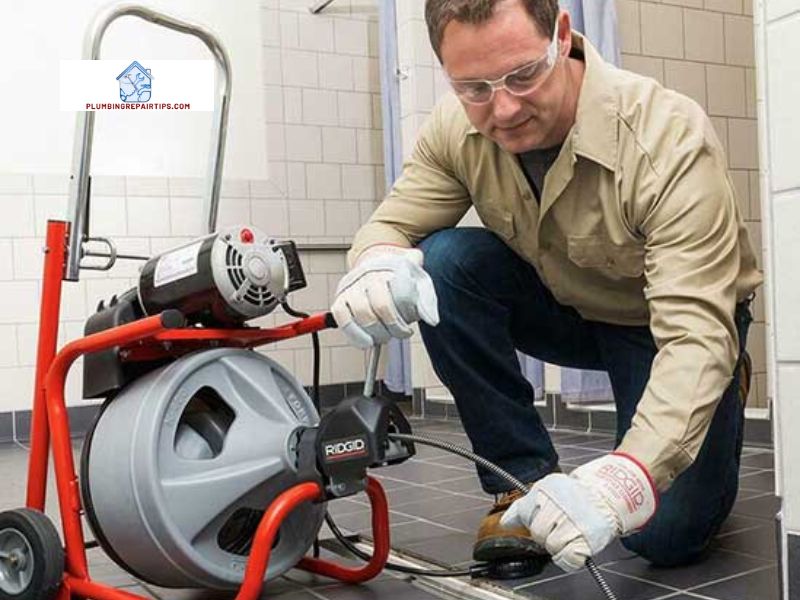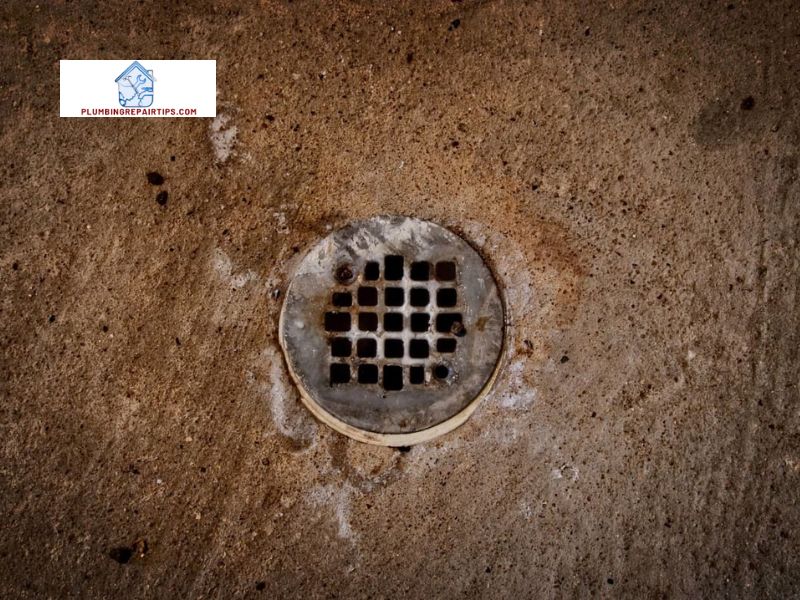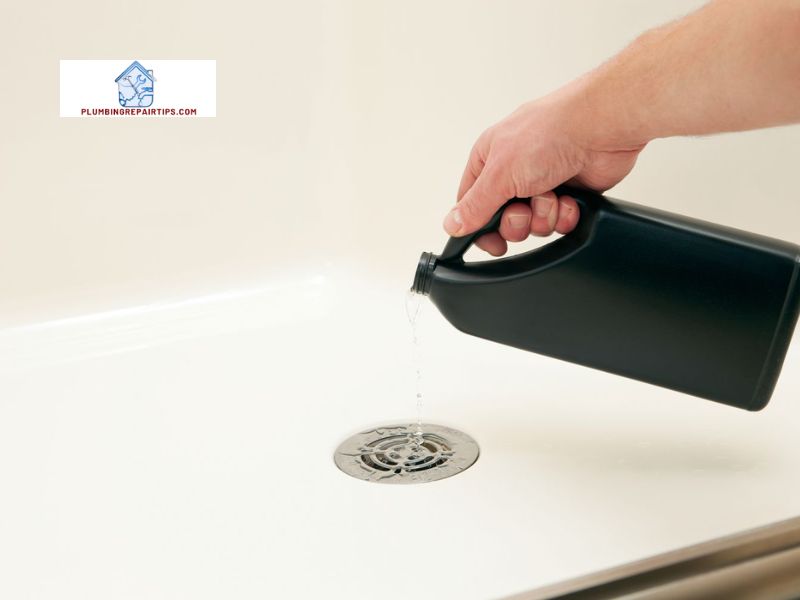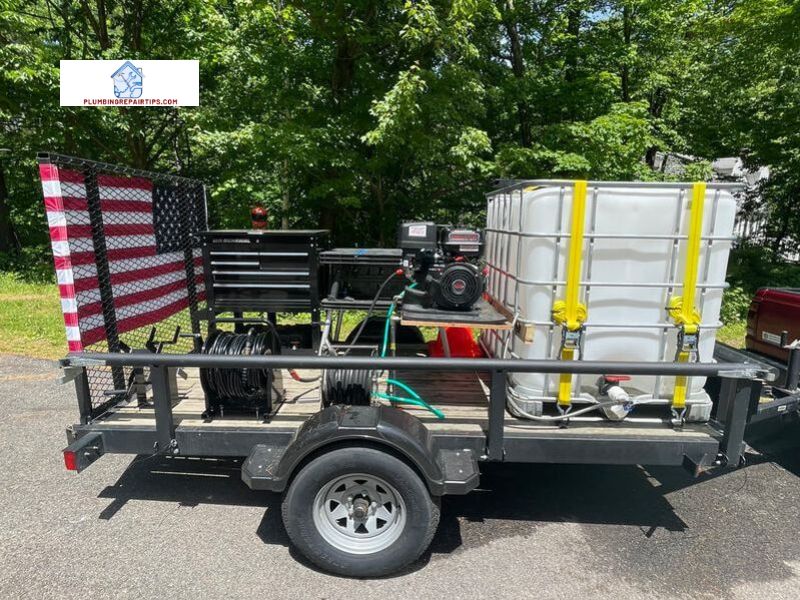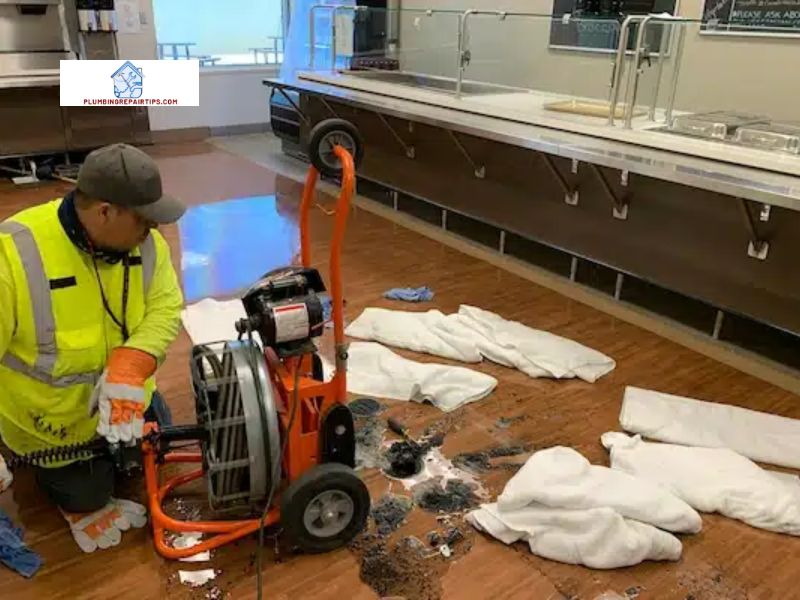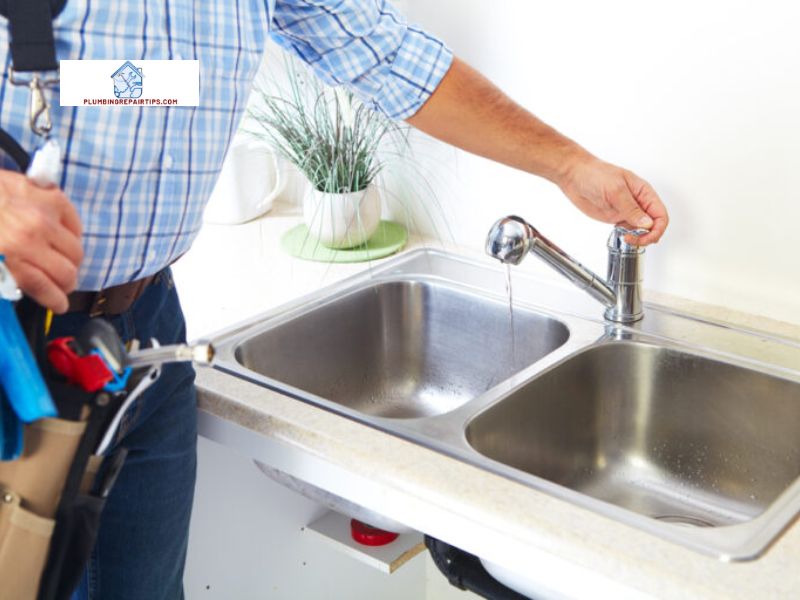Imagine stepping into your basement, only to be greeted by an unpleasant stench and the sight of murky water pooling around your belongings. A basement sewer backup is an unfortunate reality that many homeowners face. In this article, plumbingrepairtips.com will delve into what exactly basement sewer backup is, explore its potential causes, and emphasize the importance of addressing this issue promptly to prevent further damage.
What is Basement Sewer Backup?
Basement sewer backup occurs when sewage from your home’s drainage system flows back into the basement through drains, toilets, or other plumbing fixtures. It is a distressing situation that not only poses health risks but can also result in costly damages to your property.
Potential Causes
Several factors can contribute to basement sewer backup. One common cause is a blockage in the main sewer line, often due to a buildup of debris, tree roots infiltrating the pipes, or a collapsed sewer line. Heavy rainfall or storms can also overload the sewer system, causing it to back up into basements. Additionally, improper disposal of items such as grease, hygiene products, or paper towels can lead to clogs within your home’s plumbing system, resulting in sewer backup.
The Importance of Prompt Action
When faced with a basement sewer backup, it is crucial to take immediate action. Ignoring the issue or delaying professional assistance can exacerbate the problem and lead to extensive damage. Sewage contains harmful bacteria and pathogens that can pose serious health risks to you and your family. Moreover, the longer the backup persists, the more likely it is to cause structural damage to your basement, including the growth of mold and mildew.
Addressing basement sewer backup promptly not only safeguards your health but also minimizes the financial burden associated with repairs and clean-up. By acting swiftly, you can prevent further damage to your property and save yourself from potential headaches in the long run.
In the following sections, we will discuss the signs and symptoms of basement sewer backup, effective prevention measures, steps to take when encountering such a situation, professional assistance available, and insurance coverage options. So, stay tuned to learn more about how you can tackle basement sewer backup effectively.
Be sure to check out plumbingrepairtips.com for more expert advice and helpful tips on plumbing maintenance and repairs. Together, we can ensure a safe and functional home environment.
Signs and Symptoms of Basement Sewer Backup
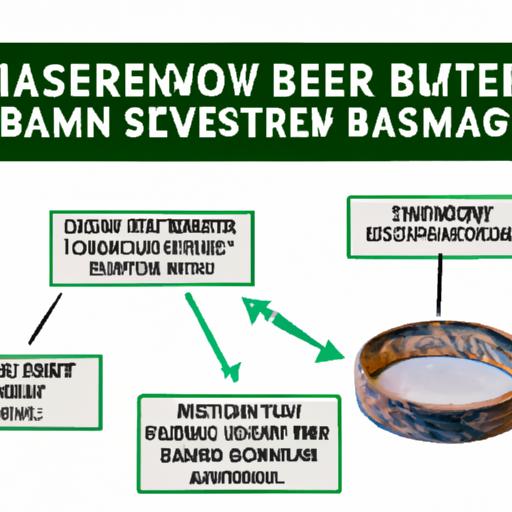
Identifying the Common Signs
Have you ever noticed a foul odor lingering in your basement, even after cleaning? Or perhaps you’ve experienced frustratingly slow drains or heard strange gurgling noises coming from your plumbing fixtures? These are just a few of the telltale signs that you may be dealing with a basement sewer backup.
Foul Odors: One of the most apparent signs of a basement sewer backup is the presence of foul odors. If you detect a strong, unpleasant smell reminiscent of sewage, it is likely that the backup has occurred, and the sewage is seeping into your basement.
Slow Drains: Another common indication is slow drainage in your sinks, showers, or toilets. If water takes longer than usual to drain or if you notice water pooling around these fixtures, it could be a sign of a sewer backup. Pay close attention to multiple drains experiencing the same issue simultaneously.
Gurgling Noises: Have you ever heard gurgling or bubbling sounds coming from your plumbing fixtures, particularly after flushing the toilet or running water? These unusual noises can be a result of air trapped in the pipes due to a blockage, indicating a potential sewer backup.
Sewage Backup: The most alarming and undeniable sign of a basement sewer backup is the actual backup of sewage into your basement. If you find sewage water pooling on the floor or notice waste material coming up from drains or toilets, it’s crucial to address the situation immediately.
Understanding the Implications and Risks
The signs and symptoms of basement sewer backup should not be taken lightly. They indicate a significant issue with your plumbing system that requires immediate attention. Ignoring these signs can lead to severe consequences for both your health and property.
Health Risks: Sewage contains harmful bacteria, viruses, and other pathogens that can pose serious health risks when exposed. Contact with contaminated water or inhalation of sewage-related fumes can lead to illnesses, including gastrointestinal problems, respiratory issues, and skin infections. Prompt action is vital to minimize these health hazards.
Property Damage: Basement sewer backups can cause extensive damage to your property. The standing sewage water can ruin your flooring, walls, furniture, and personal belongings. Additionally, the excess moisture can create an ideal environment for mold and mildew growth, further compromising the structural integrity of your basement.
By recognizing these signs and understanding their implications, you can take proactive measures and seek professional assistance promptly. In the next section, we will explore effective prevention measures to help you avoid basement sewer backups in the first place.
Remember, at plumbingrepairtips.com, we are here to guide you through every step of the way in maintaining a well-functioning plumbing system. Stay tuned for more expert advice on preventing basement sewer backups and ensuring the safety of your home and loved ones.
Prevention Measures for Basement Sewer Backup
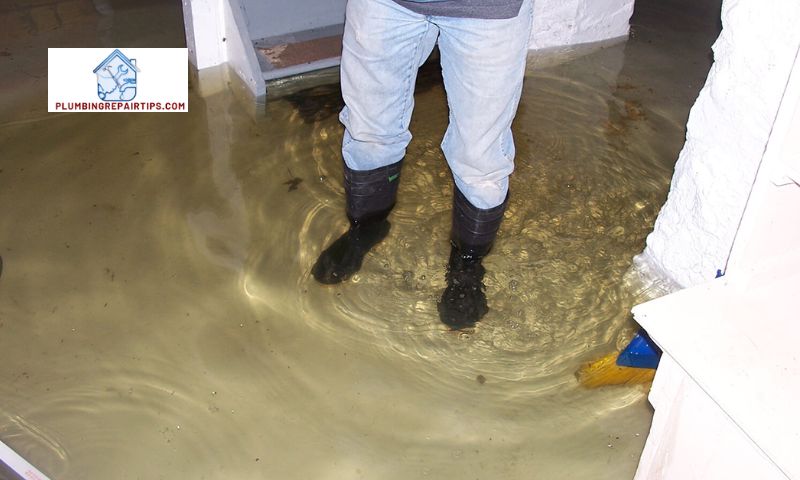
When it comes to basement sewer backup, prevention is key. By implementing a few simple measures, you can significantly reduce the risk of encountering this unpleasant situation. Let’s explore some effective prevention strategies to safeguard your basement and home.
Regular Maintenance and Inspection of Sewer Lines
Regular maintenance and inspection of your sewer lines are crucial in preventing basement sewer backup. Hire a professional plumber to conduct routine checks, ensuring that your sewer lines are free from any blockages or potential issues. Identifying and addressing minor concerns early on can save you from major headaches down the line.
Proper Waste Disposal
One of the leading causes of basement sewer backup is improper waste disposal. To prevent clogs and blockages in your plumbing system, ensure that you dispose of waste properly. Avoid flushing non-biodegradable items such as diapers, sanitary products, or paper towels down the toilet. Dispose of cooking grease in a separate container rather than pouring it down the drain.
Tree Root Control
Tree roots can infiltrate sewer lines, causing significant damage over time. To prevent root intrusion and potential sewer backup, consider implementing tree root control measures. Consult with a professional arborist to determine the best course of action, such as installing root barriers or trimming tree roots near your sewer lines.
Installing Backwater Valves
Installing backwater valves is a proactive step to prevent basement sewer backup. These valves allow wastewater to flow out of your property but prevent it from flowing back in during a sewer backup event. Backwater valves act as a barrier, protecting your basement from potential sewage overflow. Consult with a licensed plumber to determine the most suitable type of backwater valve for your home.
By adopting these prevention measures, you can significantly reduce the likelihood of basement sewer backup. Remember, prevention is always better than dealing with the aftermath of a sewer backup incident. Stay proactive and protect your basement and home from this unfortunate occurrence.
Stay tuned for the next section, where we will discuss the steps to take when encountering basement sewer backup. We’ll guide you through the necessary actions to minimize damage and ensure your safety. Don’t miss out on our expert tips!
For more expert advice and reliable plumbing solutions, visit plumbingrepairtips.com. Our team of professionals is dedicated to assisting you in maintaining a functional and problem-free plumbing system.
Professional Assistance for Basement Sewer Backup
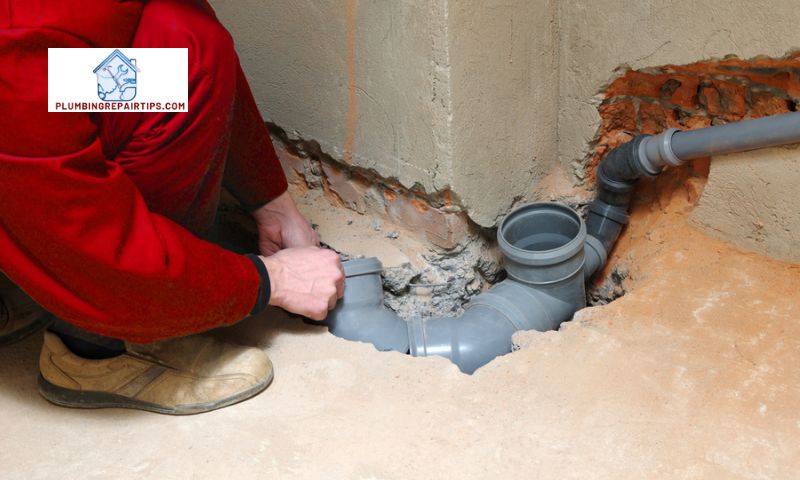
When faced with a basement sewer backup, seeking professional assistance is crucial to ensure a thorough and effective resolution. Sewer backup specialists and licensed plumbers possess the expertise and necessary tools to address the issue promptly. In this section, we will provide an overview of the services these professionals offer and outline important factors to consider when hiring them.
Services Provided by Sewer Backup Specialists and Plumbers
Sewer backup specialists and plumbers are equipped to handle various aspects of basement sewer backup, from diagnosing the root cause to implementing appropriate solutions. Their services typically include:
- Inspection and Diagnosis: Experts will conduct a thorough inspection of your sewer lines and plumbing system to identify the cause of the backup. They may use advanced technologies such as video inspections to locate blockages or damages within the pipes.
- Drain Cleaning and Repair: Once the issue is identified, professionals will employ specialized tools and techniques to clear the blockages and restore the flow of sewage. In cases where repairs are necessary, they can also repair or replace damaged pipes.
- Preventive Measures: Sewer backup specialists can offer valuable advice on preventive measures to minimize the risk of future backups. This may include installing backwater valves, recommending regular maintenance, or suggesting lifestyle changes to prevent clogs.
Factors to Consider When Hiring Professionals
When selecting a sewer backup specialist or plumber, it is essential to consider the following factors:
- Experience and Expertise: Look for professionals with extensive experience in dealing with basement sewer backup. They should have a deep understanding of the underlying causes and possess the skills to provide effective solutions.
- Certifications and Licenses: Ensure that the professionals you hire hold the necessary certifications and licenses required by your local jurisdiction. This ensures that they meet industry standards and regulations.
- Customer Reviews and Reputation: Check online reviews and seek recommendations from trusted sources to gauge the reputation of the professionals you are considering. Positive feedback and testimonials can provide insights into their reliability and quality of service.
By carefully selecting qualified professionals, you can have peace of mind knowing that your basement sewer backup will be addressed efficiently and effectively.
In the next section, we will discuss insurance coverage for basement sewer backup incidents, providing valuable information on how you can navigate the reimbursement process. Stay tuned!
Remember, for reliable and expert advice on plumbing repairs and maintenance, visit plumbingrepairtips.com where we provide you with the knowledge to keep your home’s plumbing systems in optimal condition.
Conclusion: Addressing Basement Sewer Backup for a Safe and Secure Home
Dealing with a basement sewer backup is a daunting experience, but by taking immediate action and following the necessary steps, you can minimize damage, ensure safety, and restore your home to its former state. Remember, prompt attention is crucial in preventing further harm to your property and protecting the health of your family.
By shutting off the main water supply as soon as you notice the backup, you can prevent additional wastewater from entering your basement, minimizing the extent of the damage. Next, it is vital to contact professionals who specialize in handling sewer backups. These experts possess the knowledge, equipment, and expertise to assess the situation, identify the underlying causes, and provide effective solutions.
While waiting for professional assistance, it is important to document the incident thoroughly. Take photographs or videos of the affected areas, damaged belongings, and visible signs of the backup. This documentation will be crucial when filing an insurance claim, as it helps establish the extent of the damage and the need for reimbursement.
Speaking of insurance, it is essential to review your homeowners’ insurance policy to understand the coverage for basement sewer backup incidents. Some policies may offer coverage for damages caused by sewer backups, while others may require additional endorsements. Familiarize yourself with the coverage limitations, exclusions, and deductibles to ensure you are adequately protected.
In conclusion, when encountering a basement sewer backup, remember to act swiftly, prioritize safety, and seek professional assistance. Taking immediate action can prevent further damage, protect your health, and save you from costly repairs. By following the steps outlined in this article, you can navigate through this challenging situation with confidence.
For more informative articles and expert advice on plumbing repairs and maintenance, visit plumbingrepairtips.com. Together, we can ensure a safe and secure home environment for you and your loved ones.
